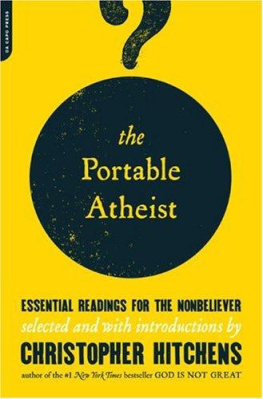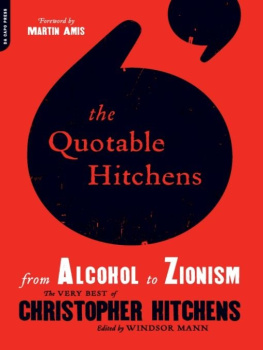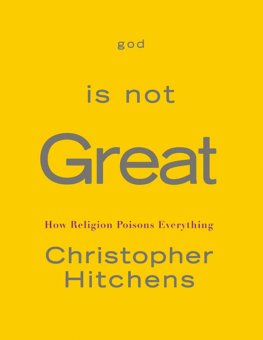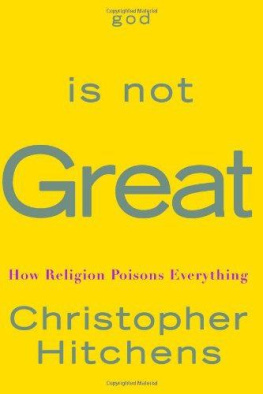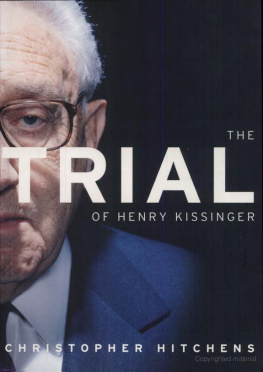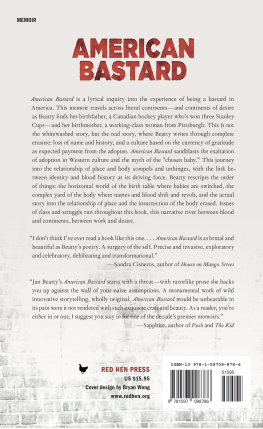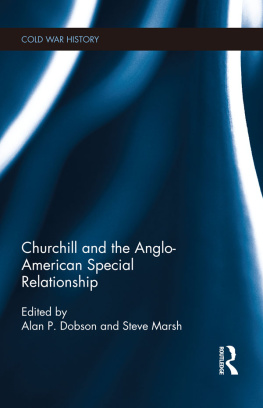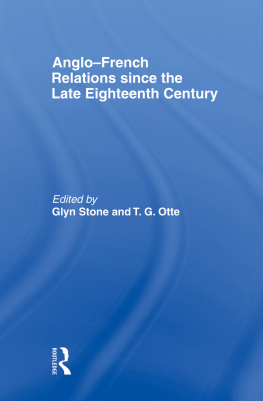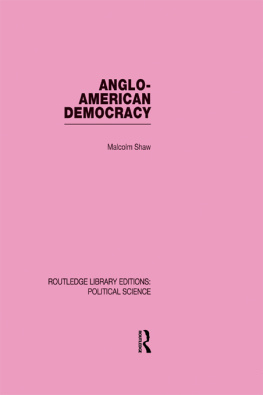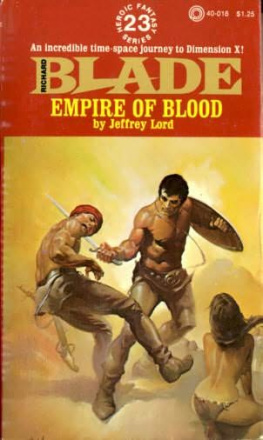Christopher Hitchens - Blood, Class and Empire: The Enduring Anglo-American Relationship
Here you can read online Christopher Hitchens - Blood, Class and Empire: The Enduring Anglo-American Relationship full text of the book (entire story) in english for free. Download pdf and epub, get meaning, cover and reviews about this ebook. year: 2006, publisher: Atlantic Books, genre: Romance novel. Description of the work, (preface) as well as reviews are available. Best literature library LitArk.com created for fans of good reading and offers a wide selection of genres:
Romance novel
Science fiction
Adventure
Detective
Science
History
Home and family
Prose
Art
Politics
Computer
Non-fiction
Religion
Business
Children
Humor
Choose a favorite category and find really read worthwhile books. Enjoy immersion in the world of imagination, feel the emotions of the characters or learn something new for yourself, make an fascinating discovery.
- Book:Blood, Class and Empire: The Enduring Anglo-American Relationship
- Author:
- Publisher:Atlantic Books
- Genre:
- Year:2006
- Rating:4 / 5
- Favourites:Add to favourites
- Your mark:
- 80
- 1
- 2
- 3
- 4
- 5
Blood, Class and Empire: The Enduring Anglo-American Relationship: summary, description and annotation
We offer to read an annotation, description, summary or preface (depends on what the author of the book "Blood, Class and Empire: The Enduring Anglo-American Relationship" wrote himself). If you haven't found the necessary information about the book — write in the comments, we will try to find it.
Christopher Hitchens: author's other books
Who wrote Blood, Class and Empire: The Enduring Anglo-American Relationship? Find out the surname, the name of the author of the book and a list of all author's works by series.
Blood, Class and Empire: The Enduring Anglo-American Relationship — read online for free the complete book (whole text) full work
Below is the text of the book, divided by pages. System saving the place of the last page read, allows you to conveniently read the book "Blood, Class and Empire: The Enduring Anglo-American Relationship" online for free, without having to search again every time where you left off. Put a bookmark, and you can go to the page where you finished reading at any time.
Font size:
Interval:
Bookmark:

BLOOD, CLASS AND EMPIRE
CHRISTOPHER HITCHENS is a widely published polemicist and frequent radio and TV commentator. He is a contributing editor to Vanity Fair and visiting professor of liberal studies at the New School in New York.
Intelligent, perceptive, occasionally perverse and often extremely funny. Philip Ziegler, Daily Telegraph
A mordant, episodic, brilliantly lucid history of transatlantic negotiations of power and cultural influence Combines an irresistible journalistic raciness with the distinction of scholarship Hitchens brings a Chomskian rigour to the deep grammar of the special relationship Wonderfully readable. Independent on Sunday
Hitchens is a clever, funny and an excellent writer, all of which qualities are apparent in the book. Spectator
PRAISE FOR
Blood, Class and Empire
A definitive account of the American ruling classes infatuation with British naval history...
The Guardian
[Blood, Class and Empire] is a mordant, episodic, brilliantly lucid history of transatlantic negotiations of power and cultural influence. Interrogating the assumptions behind Harold Macmillans pious belief that Britains twentieth-century role is to play civilizing Greece to Americas Rome, Hitchens shows how the British insinuated the ideology of Empire into Americas expansionist foreign policy... [It] combines an irresistible journalistic raciness with the distinction of scholarship. From his analysis of Caspar Weinbergers cack-handed interpretation of the Suez crisis to his account of the ambiguously-worded modus vivendi agreement which sited American nuclear missiles on British soil, Hitchens brings a Chomskian rigour to the deep grammar of the special relationship... [Blood, Class and Empire], combative and opinionated though it may be, is wonderfully readable.
The Independent on Sunday
Hitchens is a clever, funny and an excellent writer, all of which qualities are apparent in the book. I would strongly recommend it, among other things, for his entertaining descriptions of how insecure new arrivals at the pinnacles of American society politicians like Ronald Reagan or millionaires like Walter Annenberg exploit and are exploited by the British establishment, not excluding the royal family, in the yearning for a kind of prestige which England still seems uniquely equipped to provide.
The Spectator
In this intelligent, perceptive, occasionally perverse and often extremely funny book, Christopher Hitchens, with loving distaste, disembowels the Anglo-American relationship and exhibits the entrails for our delectation... This is a genuinely important book, and not the less so because it is so entertaining.
Philip Ziegler, Daily Telegraph
First published in the United States of America in 2004 by Nation Books, an imprint of Avalon Publishing Group Inc., 245 West 17th St., 11th Floor, New York, NY 10011, USA.
First published in Great Britain in 2006 by Atlantic Books, an imprint of Grove Atlantic Ltd.
Originally published in the United States of America in 1990 as Blood, Class and Nostalgia: Anglo-American Ironies by Farrar, Straus and Giroux, 19 Union Square West, New York, NY 10003.
Collection copyright Christopher Hitchens 1990, 2004
All essays used by permission of the author.
The moral right of Christopher Hitchens to be identified as the author of This work has been asserted in accordance with the Copyright, Designs and Patents Act of 1988.
All rights reserved. No part of this publication may be reproduced, stored in a retrieval system or transmitted in any form or by any means, electronic, mechanical, photocopying, recording or otherwise, without the prior permission of both the copyright owner and the above publisher of this book.
3579864
A CIP catalogue record for this book is available from the British Library.
978 1 84354 510 1
ePub ISBN: 978 0 85789 939 2
Mobi ISBN: 978 0 85789 939 2
Printed in Great Britain by Clays Ltd, St Ives plc
Atlantic Books
An imprint of Grove Atlantic Ltd
Ormond House
2627 Boswell Street
London WC1N3JZ
For Carol Blue
Acknowledgments
I used to wonder why there was no attempt at a general discussion, in book form, of the related phenomena of Anglophilia, Anglophobia, Anglo-Americanism, and Anglo-Saxondom. I now wonder less. The subject is so vast and extensive that any attempt at synthesis will disappoint somebody. The following pages are neither a narrative history, nor a cultural survey, nor a full-dress political analysis. But they are offered as incisions, made at selected crucial points, into the hide of the intriguing animal. Some parts of the anatomy will, I hope, have become clearer to view.
I have more people to thank than it is decent or possible to mention. Andrew Wylie, my literary agent, and Steve Wasserman and David Rieff, my editors, were present at the very first conversation which led to this book, and had the grace to keep up their interest until the very end. Authors who moan with praise for their editors always seem to reek slightly of the Stockholm syndrome, but authors who do not thank their friends are being remiss. Without these friendships, and the stern duties which came with them, I would have written an infinitely poorer book.
Leonard and Rhoda Dreyfus offered a true refuge for writer and editor in the closing stages, lending us the flawless English and colonial (and revolutionary) ambience of their beloved Virginia while rescuing me from the Carnaby Shoppe, the Piccadilly Pub, and the Royal Burgers of the neighboring mock-Tudor English Inn. I hope that some of the happiness of this outcome is reflected in what follows.
CHRISTOPHER HITCHENS
Charlottesville, Virginia
October 1989
Contents
Preface
T o open a paper at the overseas news pages during the year of grace 2003 was to be confronted by a fairly predictable menu of crisis, if not an exactly measurable standard of crisis management. An American foreign-policy expert, whether headquartered in Langley, Virginia or Foggy Bottom, Washington, or at one of the nations proliferating diink-tanks and institutes, could be expected to have something to say about many or all of the following:
Along the so-called green line that has divided Israelis from Palestinians in an informal manner for many years, a physical wall was being constructed, partly for security reasons and partly for annexationist ones.
The frontiers of Iraq were becoming heavily porous, with the postinvasion nation-state open to unlicensed entry from Syria, Saudi Arabia, Kuwait and Turkey.
The expansion of NATO and the European Union was being jeopardized by a petrified intransigence on the part of the Turkish occupiers of Cyprus. Realpolitik appeared to demand an accommodation with Turkey, while law and precept and the resolutions of the United Nations all told against the grabbing and settling of Cypriot soil by Turkish forces.
In Northern Ireland, repeated attempts to square the circle of Republican and Unionist attrition were foundering on embedded reefs of distrust, as the demography of the Six Counties moved slowly towards a Catholic demographic majority and as Sinn Fein emerged as the largest Republican party.
Along the borders of India and Pakistan, and the borders of Pakistan and Afghanistan, and within the disputed state of Kashmir, a toxic combination of Hindu-Muslim rivalry, holy war infiltration, and thermonuclear weapons offered the most appalling likelihood of what is no less appallingly euphemized as a nuclear exchange.
Font size:
Interval:
Bookmark:
Similar books «Blood, Class and Empire: The Enduring Anglo-American Relationship»
Look at similar books to Blood, Class and Empire: The Enduring Anglo-American Relationship. We have selected literature similar in name and meaning in the hope of providing readers with more options to find new, interesting, not yet read works.
Discussion, reviews of the book Blood, Class and Empire: The Enduring Anglo-American Relationship and just readers' own opinions. Leave your comments, write what you think about the work, its meaning or the main characters. Specify what exactly you liked and what you didn't like, and why you think so.


